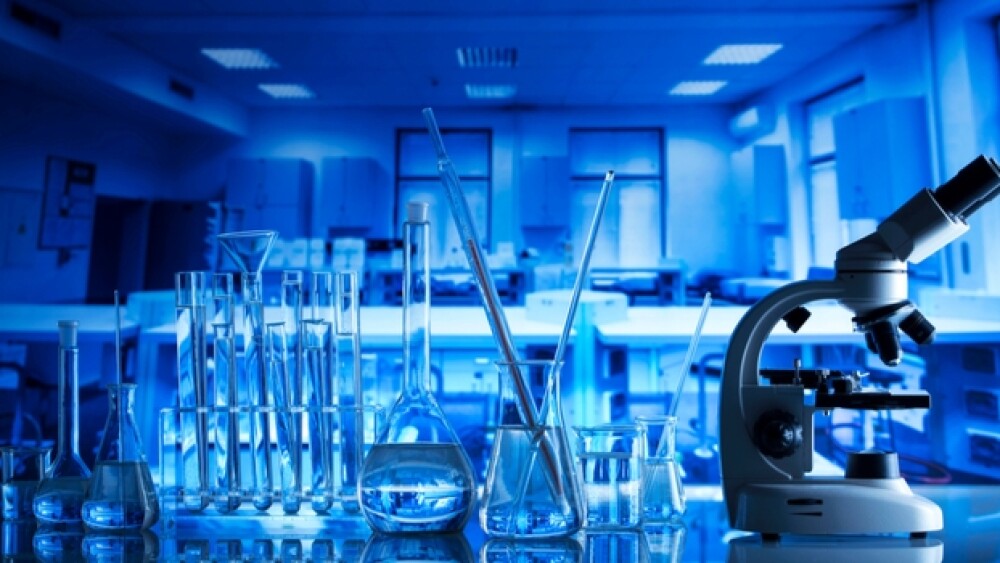Charles River Labs will open its CRADL facility in South San Francisco in January 2020 in order to provide flexible, turnkey vivarium rental space for startups.
Following the success of its Charles River Accelerator and Development Lab (CRADL) facility in Cambridge, Mass., contract research organization giant Charles River Labs plans to open a site on the opposite coast next year.
Charles River Labs will open its CRADL facility in South San Francisco in January 2020 in order to provide flexible, turnkey vivarium rental space for startups. Like the Boston-area CRADL project, the Bay Area CRADL location will be supported by Charles River’s complete portfolio of integrated drug discovery resources.
Elise Martin, senior director of Operations and Insourcing Solutions at Charles River, told BioSpace that the CRADL site in South San Francisco will have “excellent capacity” for startups. While acknowledging that the unique nature of the space provided to companies makes it difficult to determine how many clients CRADL can house ahead of time, Martin said they expect occupancy to be at a “healthy capacity.” She described that healthiness as the “level of occupancy that we can maintain without impacting client research,” as well as the quality of service Charles River can provide.
“Based on our experience at our Cambridge facility, this level is reached relatively quickly,” Martin said.
When the South San Francisco CRADL facility opens, Martin said it is likely that growth could follow a similar trajectory the Cambridge site has since it opened in 2015. When that facility first opened, Martin said the site was occupied by virtual biotechs that needed flexible research space. That quickly expanded to include larger biotechs and pharma, as well as academic institutions who have seen the benefit of renting the vivarium space to support research without having to invest in new capital projects.
Charles River Labs expanded its CRADL concept to the West Coast following four successful years in Cambridge. Martin said the success CRADL has shown in Cambridge allowed that site to expand rapidly. The key to that success and growth, Martin said, has been the company’s ability to “provide a custom-built, high specification and fully serviced vivarium” that provides an array of support services for clients.
Charles River Labs selected South San Francisco for its second CRADL location due to its significance as a biotech hub on the West Coast.
“We felt it was important to provide a low cost, turnkey vivarium rental service to support the critical research being done in the area. For both virtual biotechs and large organizations, vivarium rentals offer an opportunity to extend research capabilities without the sometimes prohibitive cost of infrastructure,” Martin said. “In SSF (South San Francisco), we are once again building new custom facilities and intend to offer the same high levels of technical support to customers.”
When clients sign lease space with CRADL, they will have access to the company’s full offering of services, Martin said. Clients will be exposed to CRADL’s core training with its e-learning system, as well as its protocol submission and review processes. Martin said the CRADL customer experience is “intended to provide full support so the scientists can focus their resources and time on their critical research.”
CRADL clients also gain access to customized in vivo support services as well. Those particular services are Charles River’s transgenic model creation services, which enable scientists to begin their research by first creating a research model that is customized according to their particular research needs. The second in vivo service is called rapid colony development. Using in vitro fertilization, Charles River’s rapid colony development program can take a small colony of research models and scale up to a study cohort in as little as 12 weeks, Martin said. The final in vivo service included is histopathology and tissues collection services. This service is aimed at veterinary needs. Charles River’s veterinary pathologists are able to provide clients with custom protocol design and rapid report turnaround, should their study protocols require pathology support.
“But clients of CRADL have access to a wide list of support beyond those services. Veterinary oversight is continuously maintained to ensure the health and welfare of all research models in the facility. Additionally, Charles River staff is available to perform technical procedures and general husbandry, while standard and specialized equipment is also available,” Martin said.
Last year, Charles River Labs worked on 85% of the drugs approved by the FDA at some level, Martin said. That experience will be of significant experience to startups, as well as established companies. Martin said the company’s broad portfolio will enable companies to transition from early drug discovery through to safety assessment and IND-enabling studies “all within our one organization.”





